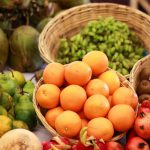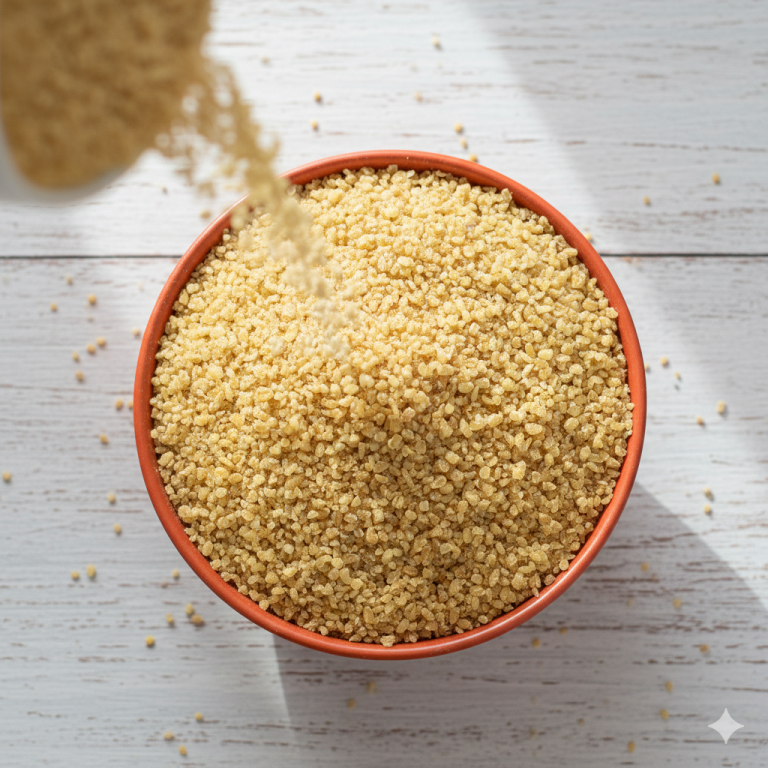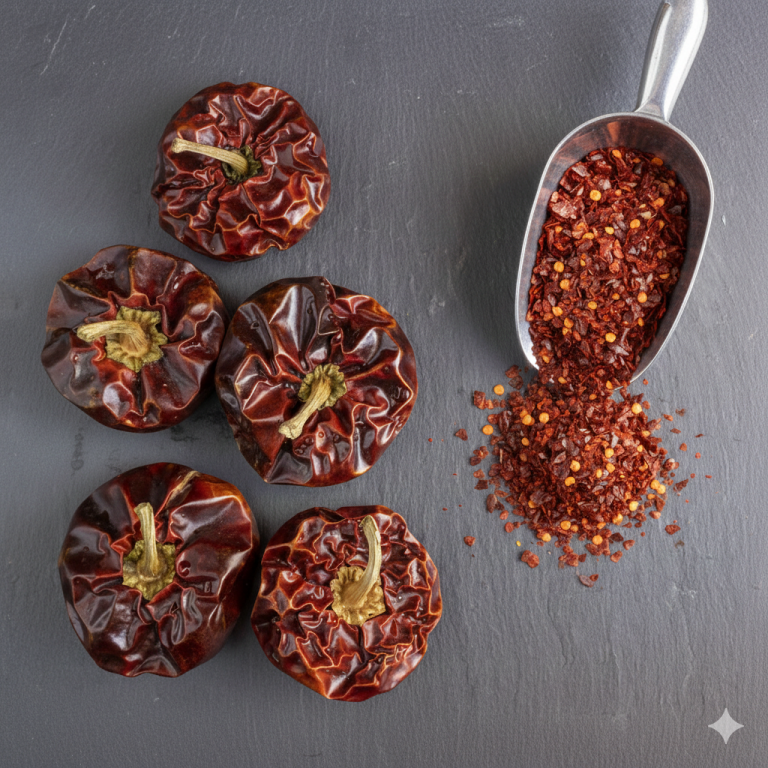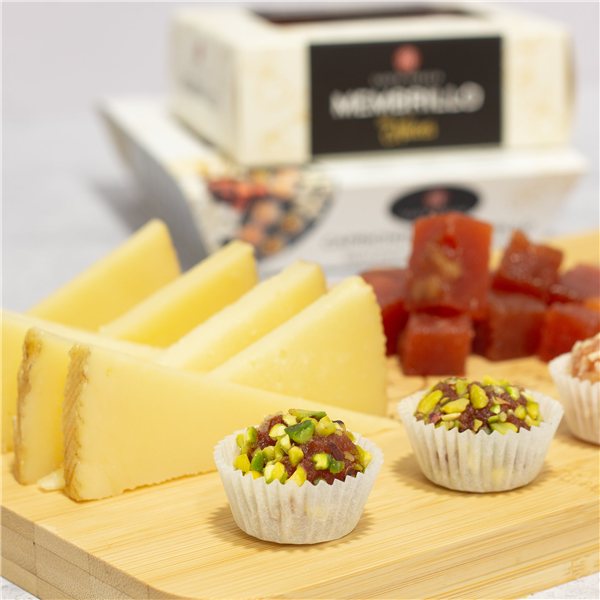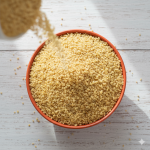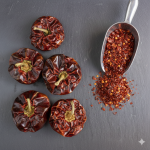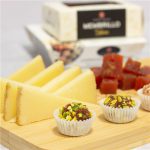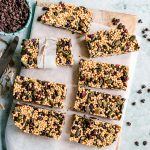Food myths you didn’t know
/ All articles / Tips

For many years we have been led to believe certain claims about food that we thought were true. With the widespread use of the internet we have been able to verify the veracity of these claims, but we can also more easily fall victim to gastronomic fake news. In this mentta blog post we come to debunk many of the food myths that have been present throughout our lives, take note and eat well!
Myths about food
Food is one of the most important factors in good health, so don’t play with food based on false beliefs.
- Eating late at night makes you gain weight: Weight gain is related to your total calorie intake and the quality of your food, not the specific time you eat it.
- Carbohydrates are bad for your health: Not all carbohydrates are the same. Complex carbohydrates, such as those found in whole grains, fruits and vegetables, are an essential part of a balanced diet.
- Detox diets are necessary to eliminate toxins from the body: The human body has organs such as the kidneys and liver that naturally detoxify the body. Extreme diets are not necessary for this.
- Skipping meals is a good way to lose weight: Skipping meals can lead to increased food intake later in the day and a lack of essential nutrients throughout the day.
- Everyone needs vitamin supplements: Most people can get all the nutrients they need from a balanced diet. Supplements should only be used under medical guidance.
- Fats are always bad: As with carbohydrates, not all fats are the same. Healthy fats, such as those found in avocados, nuts and olive oil, are essential for good health.
- Fad diets are effective in the long term: Extreme and restrictive diets are rarely sustainable in the long term and can lead to long-term health problems.
- Foods labelled «fat-free» are always healthier: Many «fat-free» products contain sugars and other additives to improve taste, which may not necessarily make them healthier.

Fake cooking tips
Now that Reels and Tik Tok are so fashionable, it is common to find videos of people offering you infallible «tips» to make the cooking process easier. However, there are also many accounts that seek to gain followers and views by spreading lies. That’s why we leave you here with the cooking tips that you thought were real but don’t work:
- Place a wooden spoon on top of a pot so that the water and foam don’t overflow. FALSE, when you place the spoon on top of the pan, nothing happens.
- You prick an envelope of butter with a fork, and the butter comes out in the form of three mini cylinders. FALSE, the sachet of butter breaks and opens up whole.
- Clean the sandwich maker with a damp kitchen paper, close it, heat it up and that’s it, all the dirt stays on the paper. FALSE, it does not clean anything.
- The typical video in which you open a glass bottle by tapping twice on the top, twice on the bottom and once on the top, and that’s it. FALSE, it does not open.
- You pour baking soda into a frying pan, and rub it with a lemon to clean it thoroughly. FALSE, the pan does not clean.
- You add popcorn in a frying pan with chocolate and oil. Cover and wait for the popcorn to pop with chocolate. FALSE, the popcorn is not popped and the chocolate is thick and bitter.
- Put an avocado in a tupper with water to keep it fresh for 2 weeks. FALSE, the avocado still spoils.
- Scrub your fingers with garlic to make it easier to separate the yolk from the egg. FALSE, they have no effect.
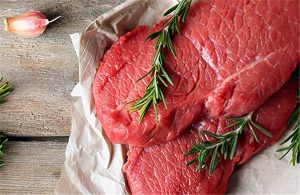
More food myths
- Eating too much protein increases muscle mass: Building muscle mass requires a balanced approach that includes adequate exercise and appropriate protein intake, but it does not mean that more protein automatically leads to more muscle.
- Organic products are always healthier: While organic products may avoid the use of certain pesticides and fertilisers, this does not guarantee that they are more nutritious. It is essential to focus on a balanced diet rather than relying solely on organic produce.
- Brown sugar is healthier than white sugar: In reality, both are sugars and are metabolised in a similar way in the body. Brown sugar may contain slightly more minerals due to its manufacturing process, but the nutritional difference is minimal.
- Skimmed milk is the healthier choice: Skimmed milk has less fat, but also fewer nutrients such as fat-soluble vitamins A and D. Whole milk, if well tolerated, may be a more nutritious choice for some people.
- Raw foods are always healthier: While some raw foods, such as fruits and vegetables, may be richer in certain nutrients, cooking can also make other nutrients more accessible to the body. The key is a proper combination of cooked and raw foods.
- Gluten-free products are healthier for everyone: People with celiac disease or gluten sensitivity should avoid gluten, but for those who do not have these conditions, there are no proven benefits to following a gluten-free diet, and they may be missing certain nutrients present in gluten products.
- Eating fats makes you fat: Fats are calorie-dense, but they are also essential for various bodily functions. The key is moderation and opting for healthy fats instead of saturated and trans fats.
So much for our post on food myths. We hope this information has been useful and that you realise that not everything that circulates on the internet is valid, nor is every legend from years ago true. If you found this post interesting, visit our blog. Here we leave you a very interesting post about one of the main Spanish products par excellence: wine. Discover the best known types of Spanish wines that exist.

